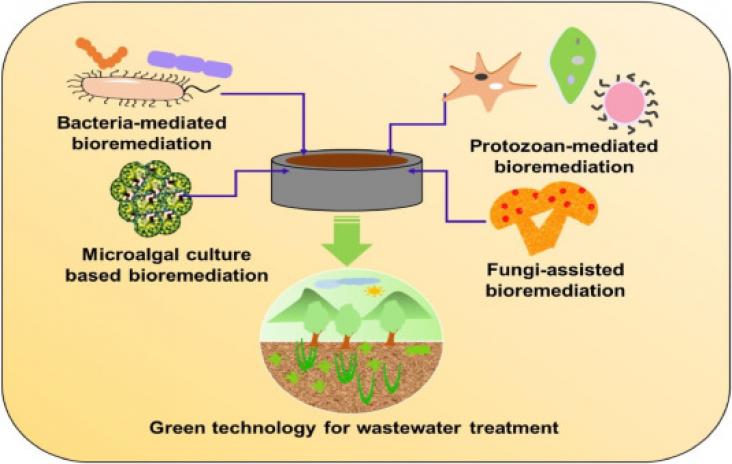This book chapter advances SDG #3 and #10 by reviewing studies that showed treatments with multiple sessions of rTMS can influence cognition in people with neurodegenerative diseases. The chapter also considers novel therapeutic approaches based on the clinical use of rTMS.
This Article supports SDGs 3, 5, and 10 by examining the effects of housing interventions on the physical, psychosocial, and economic wellbeing of women experiencing IPV, calling for continued investment into research, policy, and practice to innovate the IPV-housing continuum and to address the needs of women experiencing IPV and homelessness across different social circumstances.

Overuse of water has led to the degradation and scarcity of limited water resources, which prompted the modern world to adopt sustainable measures to save water by increasing its reuse and recycling.
Compares the pros and cons of volunteering with animals.
This Viewpoint supports SDG 3 by describing how the Integrative Multicomponent Programme for Promoting South Asians’ Cancer Screening Uptake (IMPACT) project successfully increased cancer screening uptake for ethnic minorities in Hong Kong.
Elsevier,
The COVID-19 Response: The Vital Role of the Public Health Professional, 2023, Pages 143-154
This chapter advances the UN SDG Goal 3: Good Health and Goal 10: Reduced Inequalities by examining the role of social determinants and racism in COVID's inequitable impacts, the burnout of the workforce, and the politicization of the response as major factors that will influence the future of the public health system.
This review can serve as a basis for the development of a composite assessment indicator allowing for a complete assessment of all dimensions of sustainability, as it describes how the Mediterranean diet has been evaluated and points out what could be the main limitations of these assessments.
This article brings together the speakers from the Symposium and presents a synthesis and summary of 3 of the world’s biggest problems in the 21st century: the burden of malnutrition and noncommunicable diseases (NCDs), the consequences of climate change, and the massive economic and social inequities within and among nations. All 3 are directly related to sustainable food systems that are shared collectively and globally.
This Study explores the racial disparities that exist in the emergency departments of 4 hospitals, when they are most prevalent, and how patients' sociodemographic characterstics impact image acquisition time, raising awareness for SDGs 3, 9 and 10.
This Study supports SDGs 3 and 10, illuminating the substantial racial disparities in men and women diagnosed with colorectal cancer and the impact these disparities have on treatment and outcomes.
